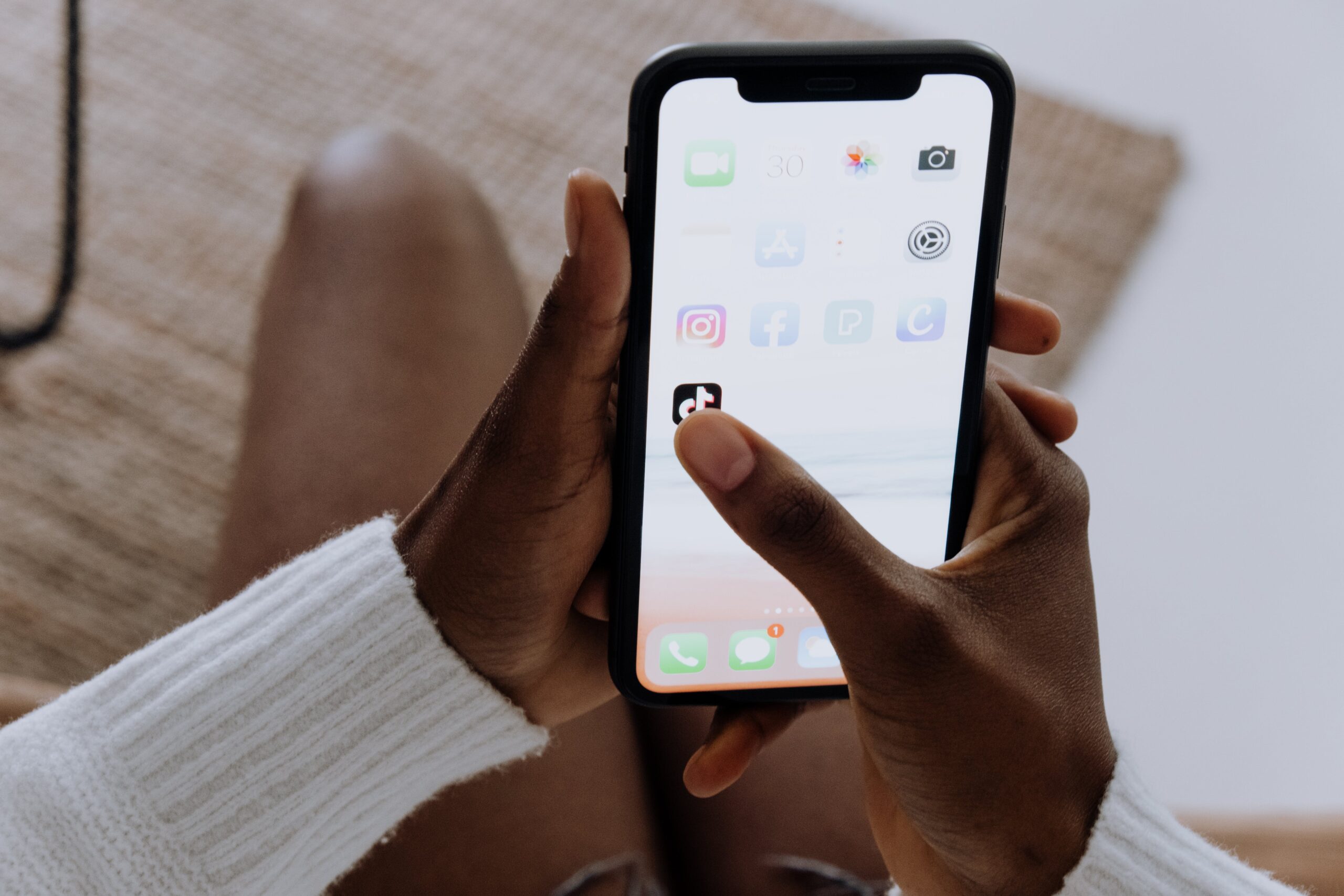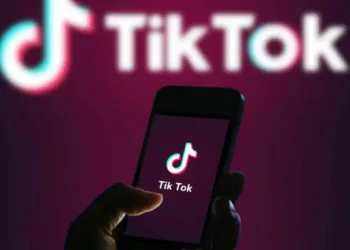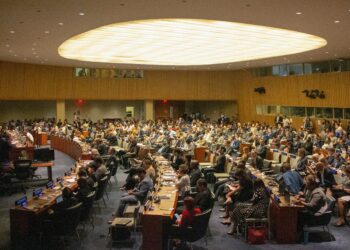The recent arrest of four young TikTokers in Somalia over a satirical dance video feels is another reminder to Africans and the rest of the world, on how fragile some governments can be when faced with public criticism.
The young TikTokers in question had created a dance set to a remixed campaign song (altered with mocking lyrics) and this led to immediate police action. By using vague charges like “spreading immorality” to go after the TikTokers, the Somali authorities are sending a clear message to its citizens: don’t question us, don’t mock us, don’t challenge the narrative.

This isn’t the first time we’ve seen something like this. Past arrests over so-called “clan-based insults” or “immoral content” suggest a pattern where expression is tolerated only until it makes those in power uncomfortable. This is a dangerous line to walk, especially in a country with such a young, digitally-savvy population that’s increasingly using platforms like TikTok to engage, critique, and even entertain.
But what if there was another way?
Instead of cracking down on satire, what if the government leaned more into dialogue? The Somali youth are not only creating videos, they are also building community, sharing ideas, and yes, sometimes poking fun while at it. But most of it is merely a form of participation. Laws around speech need clarity and purpose in order to be able to distinguish real incitement from harmless parody so they can’t be misused to silence critics.
In essence, a government secure in its mission wouldn’t fear a dance video because it would see it as part of the messy, vibrant noise of a society finding its voice.

















